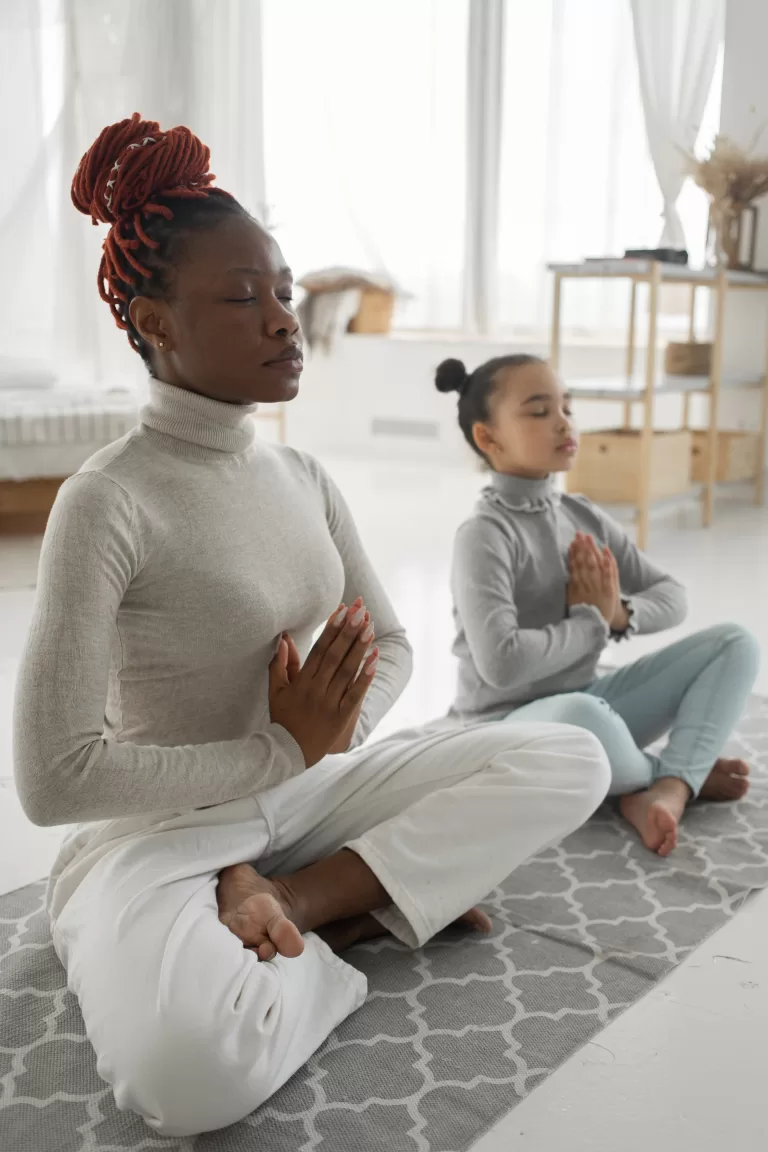5 Proven Anxiety Reducing Strategies That ACTUALLY Work
Anxiety can be a debilitating condition to live with, affecting many different aspects of life for those affected, from socialising to functioning effectively at work and daily life. In this post, we’ll cover some helpful tips and strategies for coping with anxiety to help improve your quality of life.
Reducing Anxiety: The Different Strategies To Help Improve Your Symptoms
Counselling Sessions
Counselling serves as a crucial ally in alleviating anxiety by providing individuals with a supportive and non-judgmental space to explore and understand their thoughts and emotions. Through therapeutic dialogue, individuals can gain insight into the root causes of their anxiety, enabling them to develop coping mechanisms and effective strategies for managing stressors.
Counsellors offer tools to reframe negative thought patterns, fostering a healthier mindset. Additionally, the therapeutic relationship itself can serve as a source of comfort and validation, reducing feelings of isolation. By addressing underlying issues and building resilience, counselling empowers individuals to navigate life’s challenges with increased confidence and a sense of control, ultimately diminishing anxiety’s grip.
The Benefits Of CBD Products
CBD, or cannabidiol, shows promise in alleviating anxiety due to its interaction with the endocannabinoid system. CBD may influence serotonin receptors, impacting mood regulation and stress response. Some users report reduced anxiety symptoms, improved sleep, and enhanced relaxation after CBD consumption. While individual responses vary, studies indicate potential benefits in social anxiety and generalised anxiety disorders. It’s advisable to consult healthcare professionals before incorporating CBD into anxiety management, considering individual health factors.
There are a range of CBD products to choose from. For example, CBD teas and coffees, sweets, oils, or even CBD-infused tampons to help with anxiety and pain symptoms during menstruation.
Medication
Medication for anxiety is considered when symptoms significantly impact daily life and functioning. If anxiety is severe, persistent, or interferes with work, relationships, or overall well-being, medication may be warranted. It’s also recommended when non-pharmacological interventions, such as therapy or lifestyle changes, prove insufficient. Before prescribing medication, a GP or psychiatrist assesses the severity of symptoms, considering factors like impairment, duration, and impact on quality of life. Medications like selective serotonin reuptake inhibitors (SSRIs) or benzodiazepines may be prescribed depending on the nature and intensity of anxiety.
Support From Friends And Family
Support from family and friends plays a pivotal role in mitigating anxiety by providing a crucial network of understanding and empathy. Emotional validation and open communication create a safe space for individuals to express their concerns, reducing feelings of isolation. Practical assistance in daily tasks can alleviate stressors, fostering a sense of shared responsibility.
Trusted relationships offer a source of comfort and reassurance during challenging times, promoting a feeling of being understood and accepted. Moreover, social connections contribute to a sense of belonging and purpose, vital components in buffering against anxiety. The unwavering support of loved ones strengthens resilience and enhances the overall mental well-being of individuals facing anxiety.
Practicing Breathing Exercises
Breathing exercises are powerful tools for managing anxiety. Techniques like diaphragmatic breathing involve inhaling deeply through the nose, expanding the diaphragm, and exhaling slowly through pursed lips. This stimulates the body’s relaxation response, calming the nervous system and reducing stress hormones. Box breathing, where one inhales, holds, exhales, and pauses in equal counts, promotes mindfulness and steadies the mind. Focused breathing redirects attention from anxious thoughts, promoting a sense of control.
Regular practice of these techniques massively enhances lung capacity, oxygenates the body, and instils a calming rhythm. Incorporating deep, intentional breaths into daily routines proves effective in cultivating resilience against anxiety.










